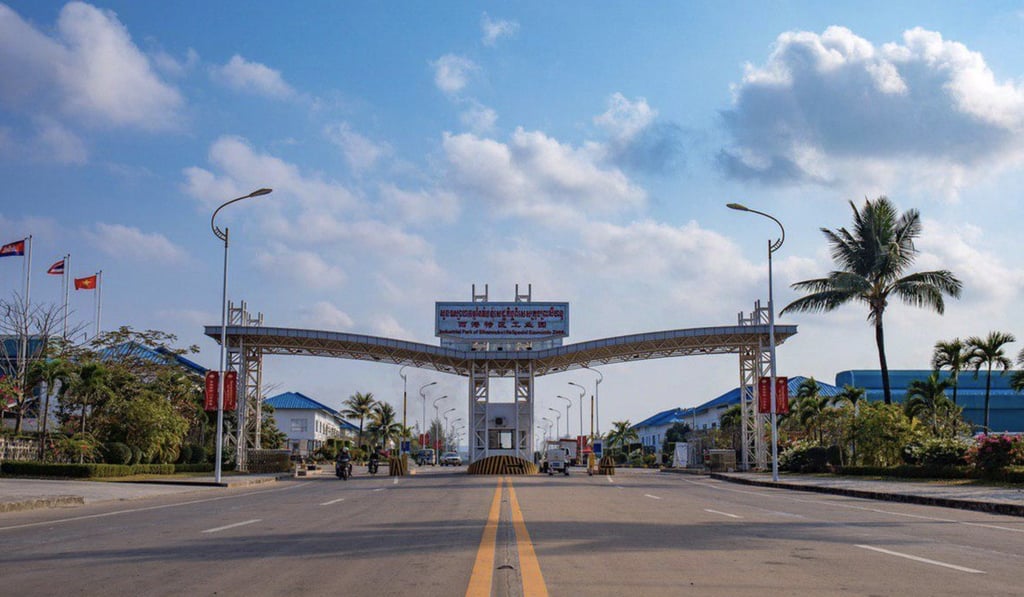Opinion | How Cambodia’s online gambling ban sparked the Great Chinese Exodus of 2019 – and why Beijing is fine with it
- Phnom Pehn’s online gambling crackdown has snared hundreds accused of scamming mainland Chinese, while offering Cambodia a chance to rid itself of an industry that has negatively affected some of its growing cities

Two weeks ago, it was business as usual in the Cambodian border town of Bavet – the online gambling industry was booming, Bentleys and Rolls-Royce made their way through massive traffic jams on the main road, and Mandarin was the lingua franca. Then Prime Minister Hun Sen pulled the plug.
On August 15, the Cambodian police arrested 127 Chinese nationals in Sihanoukville, implicated in an internet scam that entailed extorting funds from Chinese citizens in China.
A few days later, Hun Sen declared: “The Royal Government of Cambodia will stop the issuance of online gambling policy and licences, both within and outside the Kingdom of Cambodia, from the date of signing this directive”, citing the threat to security and public order. Existing licences will not be renewed.
Further driving home the point, the Ministry of the Interior, working with police in Chongqing, last week arrested 150 Chinese nationals in both Sihanoukville and Bavet, deporting the suspects to face criminal charges in China via two specially chartered flights.
According to Xinhua, more than 10,000 victims from 28 Chinese provinces were caught up in that scam, losing around US$14 million. The message was clear: the online casino is closed. Get out or get arrested.

